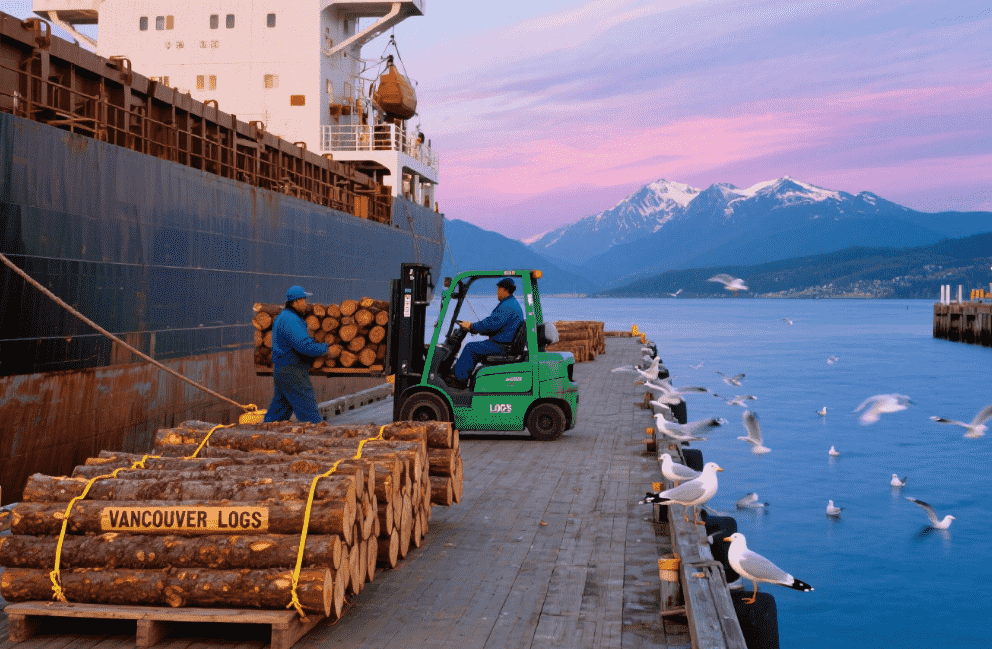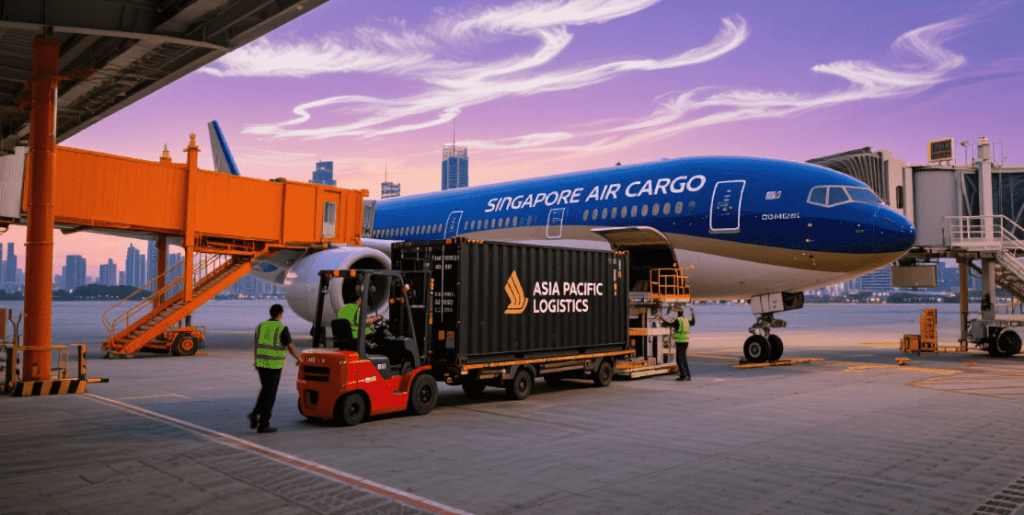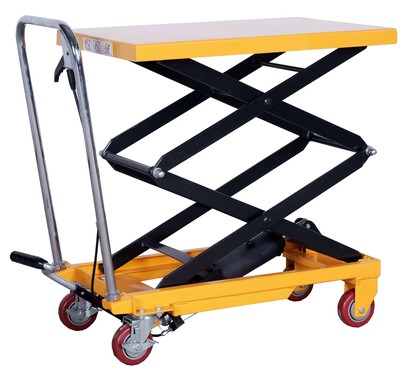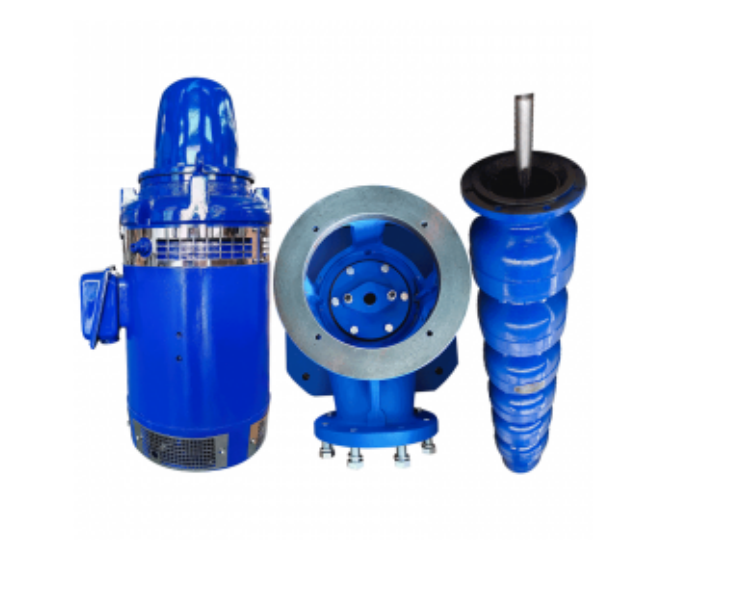
In today’s globalized economy, efficient and reliable international logistics are the backbone of cross-border trade. For businesses aiming to expand into East Africa, particularly Kenya’s bustling port city of Mombasa, navigating the complexities of door-to-door shipping from China to Mombasa can be daunting. From selecting the right cargo agent to optimizing freight service costs, every step demands precision. This guide provides a comprehensive roadmap for seamless door-to-door logistics, ensuring your cargo reaches its destination safely, swiftly, and cost-effectively.
Why Door-to-Door Shipping Matters
Door-to-door shipping simplifies international trade by offering end-to-end solutions. Unlike traditional freight methods, where shippers handle multiple intermediaries, door-to-door services consolidate transportation, customs clearance, and last-mile delivery under one contract. This approach minimizes delays, reduces administrative burdens, and provides full visibility into your shipment’s journey—critical for time-sensitive or high-value goods.
For shippers targeting Mombasa, a door-to-door strategy is particularly advantageous. Kenya’s largest port serves as a gateway to East and Central Africa, but navigating its infrastructure—from congested terminals to complex documentation—requires expertise. Partnering with a seasoned cargo agent ensures compliance with local regulations while streamlining processes like customs brokerage and inland transportation.
Key Steps in Door-to-Door Shipping from China to Mombasa
1. Choosing the Right Cargo Agent
A competent cargo agent acts as your logistics partner, bridging gaps between Chinese suppliers and Kenyan consignees. Look for agents with:
- Proven Experience: Prior success in handling shipments to Mombasa, including familiarity with Kenya Revenue Authority (KRA) procedures.
- Global Network: Partnerships with carriers, trucking companies, and warehouses in both China and Kenya.
- Technology Integration: Real-time tracking tools and digital documentation platforms to enhance transparency.
- Customized Solutions: Flexibility to accommodate LCL (Less than Container Load), FCL (Full Container Load), or air freight based on your needs.
2. Selecting the Optimal Freight Service
The choice between sea and air freight hinges on cost, speed, and cargo type:
- Sea Freight: The most economical option for bulk shipments, with transit times averaging 20–30 days from major Chinese ports (e.g., Shanghai, Shenzhen) to Mombasa. Opt for FCL to avoid contamination risks and reduce handling fees.
- Air Freight: Ideal for urgent or perishable goods, with delivery times as short as 3–7 days. However, costs are significantly higher, and weight/volume restrictions apply.
- Multimodal Solutions: Combining rail (e.g., China-Europe Railway Express) with trucking can balance speed and affordability for inland Chinese origins.
3. Documentation and Customs Compliance
Mombasa’s customs clearance process demands meticulous paperwork. Essential documents include:
- Commercial Invoice
- Packing List
- Bill of Lading (B/L) or Air Waybill (AWB)
- Certificate of Origin
- Import Declaration Form (IDF)
- Kenya Bureau of Standards (KEBS) certificates for regulated goods (e.g., electronics, food).
A reliable cargo agent will pre-verify documents to prevent delays. For instance, Kenya’s Single Window System (SWIFT) accelerates clearance by digitizing submissions, but errors can still trigger inspections or fines.
4. Inland Transportation in Kenya
After customs clearance, cargo is transported to final destinations via:
- Trucking: Cost-effective for destinations within 500 km of Mombasa (e.g., Nairobi, Nakuru).
- Rail: The Standard Gauge Railway (SGR) connects Mombasa to Nairobi in under 5 hours, reducing road congestion and theft risks.
- Warehousing: Temporary storage solutions for consolidating shipments or delaying deliveries until consignees are ready.

Cost Optimization Strategies
1. Consolidate Shipments
LCL shipping allows multiple shippers to share container space, cutting costs for small orders. However, prioritize agents with strong carrier relationships to avoid lengthy consolidation delays.
2. Leverage Trade Agreements
Kenya benefits from preferential tariffs under agreements like the African Continental Free Trade Area (AfCFTA) and AGOA (U.S.). A knowledgeable cargo agent can identify duty exemptions for your products.
3. Plan Ahead
Peak seasons (e.g., October–December for holiday imports) drive up rates. Schedule shipments during lulls and book containers 4–6 weeks in advance to secure space.
Common Challenges and Solutions
1. Port Congestion
Mombasa Port often faces delays due to high volume. Mitigate risks by:
- Using premium services (e.g., priority berthing) for urgent shipments.
- Diverting cargo to nearby ports like Dar es Salaam (Tanzania) with subsequent trucking to Kenya.
2. Theft and Damage
Invest in container sealing, GPS tracking, and insurance coverage. Avoid transporting high-value goods during Kenyan public holidays when security may be lax.
3. Regulatory Changes
Kenya frequently updates import policies (e.g., 2023 bans on single-use plastics). Stay informed through your cargo agent or government portals like the Kenya Trade Network Agency (KenTrade).
The Future of Door-to-Door Shipping to Mombasa
Technological advancements are reshaping logistics:
- Blockchain: Enhances supply chain transparency by securely recording every transaction.
- AI-Powered Analytics: Predicts port delays and optimizes routing.
- Sustainability Initiatives: Electric trucks and solar-powered warehouses align with Kenya’s green energy goals.
Businesses that adopt these innovations will gain a competitive edge, reducing costs while meeting eco-conscious consumer demands.
Conclusion: Partnering for Success
Mastering door-to-door shipping from China to Mombasa requires expertise, adaptability, and strategic planning. By collaborating with a trusted cargo agent and leveraging tailored freight service solutions, you can overcome logistical hurdles and unlock East Africa’s growth potential. For businesses seeking a seamless experience, platforms like Winsail Logistics (https://www.winsaillogistics.com) offer end-to-end support, combining global reach with local insights to ensure your cargo arrives on time, every time.
In an era where speed and reliability define success, investing in professional logistics isn’t just a choice—it’s a necessity. With this guide as your compass, you’re well-equipped to navigate the journey from China to Mombasa with confidence.
-
 ocean freight service office chair from nansha to jebei ali2025-09-09
ocean freight service office chair from nansha to jebei ali2025-09-09 -
 door to door by ocean freight platform car from guangzhou to dammam2025-09-09
door to door by ocean freight platform car from guangzhou to dammam2025-09-09 -
 ocean freight service steel plate from china to mombasa2025-09-09
ocean freight service steel plate from china to mombasa2025-09-09 -
 door to door by air freight plastic key case from can to dxb2025-09-09
door to door by air freight plastic key case from can to dxb2025-09-09 -
 ocean freight service chewing gum from shantou to sohar2025-09-09
ocean freight service chewing gum from shantou to sohar2025-09-09 -
 ocean freight service submersible deep well pumps and spare parts from china to jeddah2025-09-08
ocean freight service submersible deep well pumps and spare parts from china to jeddah2025-09-08

